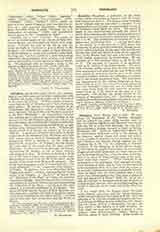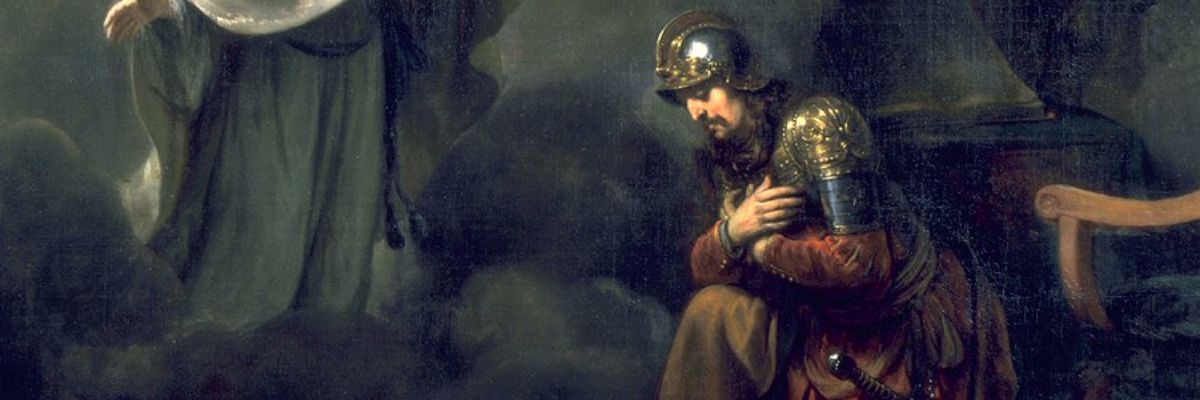

Cornelius (Kornelios), a centurion of the Italic cohort, whose conversion at Caesarea with his house-hold is related in Acts, x. The Roman name Cornelius would indicate that he was either a member of the distinguished gens Cornelia, or a descendant of one of its freedmen—most likely the latter. The cohort in which he was centurion was probably the Cohors II Italica civi um, Romanorum, which a recently discovered inscription proves to have been stationed in Syria before A.D. 69. The description of Cornelius as “a religious man, and fearing God giving much alms to the people” [i.e. the Jews (cf. x, 22)], shows that he was one of those gentiles commonly, though incorrectly, called proselytes of the gate, who worshipped the one true God and observed some of the prescriptions of the Mosaic Law, but who were not affiliated to the Jewish community by circumcision. He was certainly not a full proselyte (Acts, x, 28, 34 sq., 45; xi, 3). The baptism of Cornelius is an important event in the history of the Early Church. The gates of the Church, within which thus far only those who were circumcised and observed the Law of Moses had been admitted, were now thrown open to the uncircumcised Gentiles without the obligation of submitting to the Jewish ceremonial laws. The innovation was disapproved by the Jewish Christians at Jerusalem (Acts, xi, 2, 3); but when Peter had related his own and Cornelius’s vision and how the Holy Ghost had come down upon the new converts, opposition ceased (Acts, xi, 4-18) except on the part of a few extremists. The matter was finally settled at the Council of Jerusalem (Acts, xv). According to one tradition Cornelius became Bishop of Caesarea; according to another, Bishop of Scepsis in Mysia.
F. BECHTEL


